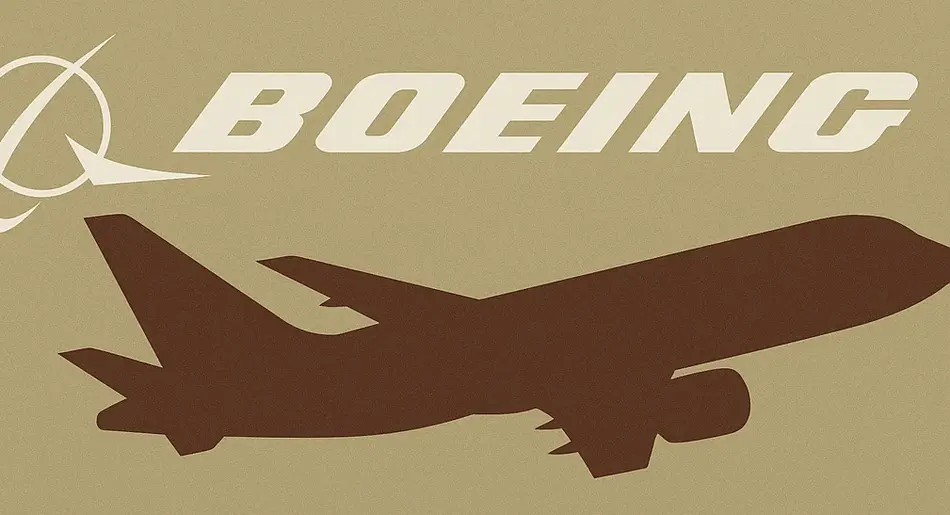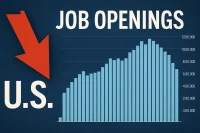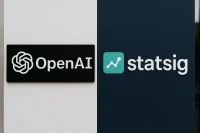The crisis at Boeing has entered a new stage. After more than 3,200 union workers walked off the job at plants in Missouri and Illinois, Boeing announced plans to hire permanent replacement workers. A job fair scheduled for September 16 is intended to fill critical production roles as the strike continues, raising the stakes in one of the most high-profile labor disputes in American manufacturing this year.
The move has sparked intense debate: labor advocates call it a union-busting tactic, while Boeing insists it is necessary to maintain production schedules and fulfill customer orders. Either way, the company’s decision highlights the growing tension between corporate demands for stability and worker demands for better pay and conditions.
Background: Why the Strike Began
The strike began after negotiations between Boeing and the International Association of Machinists and Aerospace Workers (IAMAW) collapsed in late August.
Key issues include:
- Wages: Workers argue Boeing’s offers don’t keep pace with inflation and industry standards.
- Job Security: Union leaders say outsourcing and automation threaten long-term stability.
- Healthcare & Pensions: Benefits remain a major sticking point, with employees demanding stronger protections.
- Workplace Safety: Employees cite rising injury rates and production pressures as critical concerns.
Union members overwhelmingly voted to strike, framing it as a stand not just for themselves but for the future of American manufacturing.
Boeing’s Response: Hiring Replacements
Facing billions in orders and mounting pressure from airline customers, Boeing is turning to replacement hiring:
- Job Fair: A large-scale recruitment event will take place on September 16 to attract skilled labor.
- Target Workers: Boeing is looking for machinists, assemblers, and technical specialists with manufacturing experience.
- Messaging: The company says it must “protect its commitments to customers” while negotiations remain stalled.
By hiring replacements, Boeing is signaling that it is willing to operate without its union workforce for an extended period.
Skilled Workers Are in Demand
From machinists to specialists, manufacturers are hiring now to meet critical demand. Don’t miss your chance to step into high-paying roles.
Post a Job Now →Why This Move Is Controversial
- Union-Busting Accusations
Labor leaders argue replacement hiring undermines collective bargaining rights and weakens union leverage. - Quality Concerns
Critics warn that bringing in less-experienced workers to assemble complex aerospace components could affect product quality and safety. - Public Relations Fallout
Boeing, already struggling with reputational damage from past safety scandals, risks alienating both the public and lawmakers by escalating against its workforce.
Implications for the U.S. Labor Movement
This standoff reflects broader trends:
- Rise in Strikes: 2025 has seen a resurgence of high-profile strikes, from auto manufacturing to education.
- Aggressive Employer Tactics: Companies under pressure from supply chain demands are showing less tolerance for prolonged shutdowns.
- Federal Attention: The Biden administration has not intervened directly, but labor officials are monitoring the case closely as a test of workers’ bargaining rights.
Impact on Boeing’s Operations
- Airline Customers: With a backlog of orders from carriers like Southwest and United, delays could ripple across the industry.
- Defense Contracts: Boeing supplies the U.S. military; replacement workers may be pressed into high-security projects, raising concerns about readiness.
- Financial Strain: Every week of strike activity costs Boeing millions in lost productivity.
For Boeing, the cost of disruption may outweigh the reputational risks of replacement hiring.
Worker Sentiment
On the picket lines, workers describe frustration and betrayal:
- “We built this company with our hands, and now they’re saying we’re replaceable.” – IAMAW member in St. Louis.
- “This isn’t just about wages—it’s about respect.” – Veteran machinist, 28 years at Boeing.
For many, the fight has become symbolic of the larger battle for fairness in corporate America.
FAQs
Q1: Why is Boeing hiring replacement workers?
To maintain production schedules and customer commitments while union workers are on strike.
Q2: Is this legal?
Yes. U.S. labor law allows companies to hire permanent replacements during economic strikes, though it is controversial.
Q3: What are the risks for Boeing?
Quality control issues, reputational damage, and prolonged labor hostility.
Q4: What do the workers want?
Higher wages, stronger job security, better healthcare, and improved workplace safety.
Live Example: The 1981 Air Traffic Controllers’ Strike
Boeing’s move echoes one of the most famous labor disputes in U.S. history: the 1981 PATCO strike, when President Ronald Reagan fired over 11,000 striking air traffic controllers and permanently replaced them.
That moment reshaped U.S. labor relations for decades, signaling a tougher stance by employers and government against strikes.
While Boeing is a private company, the parallels are striking: the decision to hire replacements may preserve short-term productivity but risks deepening labor tensions for years to come.




